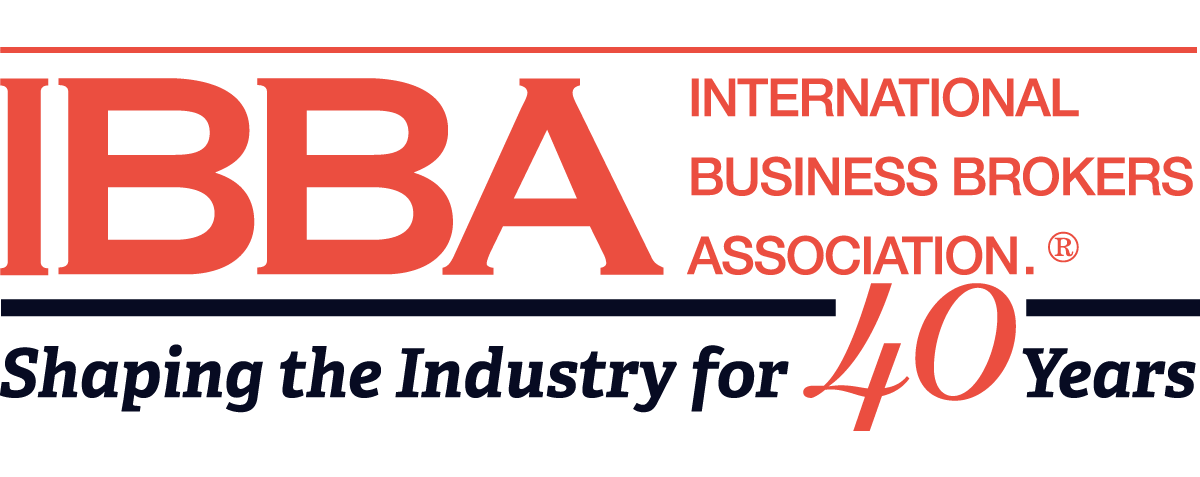Tax Issues Every Business Broker Needs to Know – Part II
This course is part of a series of four separate four-hour sections. Each section is a standalone, yet collectively, they form a fundamental knowledge foundation essential to a business broker’s understanding of the tax implications that occur in a business transaction.
Part II – This section covers Asset Transactions, Stock Transactions and Allocation of Purchase Price. This section provides the participant with the basics to understand the impact that an Asset and Stock transaction decision will have on the success of a business transfer. Allocation of Purchase Price will go beyond a surface-level understanding by looking at what strengthens an asset allocation in the eyes of the IRS, by looking at tax associated with certain hard-to-understand assets, and by gaining an understanding of the provisions associated with the seven asset classes.

